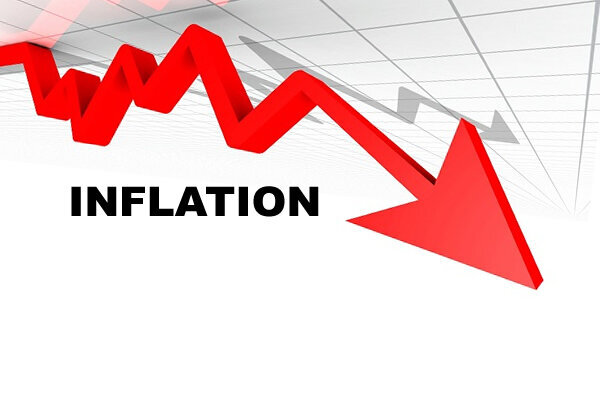The Reserve Bank of Fiji (RBF) has kept its monetary policy stance unchanged, citing a continued decline in headline inflation and strong foreign reserves.
Governor Ariff Ali announced that annual headline inflation fell sharply to -3.5% in August, from -1.5% in July, a notable shift from the 3.8% recorded during the same period last year.
Mr Ali attributed the deflation largely to the Government’s VAT reductions and the introduction of bus fare subsidies from August 1.
These measures have led to lower prices in key categories such as food, transport, cooking gas, and other fuels, offsetting price increases in alcohol, tobacco, and hotel services.
“Policy interventions have directly lowered the cost of essential goods and services, easing pressure on households,” Mr Ali said.
Despite the current downtrend, he warned of lingering inflationary risks from global geopolitical tensions, which could push up commodity and freight prices, along with uncertainties tied to the upcoming cyclone season.
Fiji’s foreign reserves remain strong at around $3.8 billion. equivalent to six months of import cover, and are projected to remain adequate in the medium term.
The RBF also reported that domestic consumption remains strong, with growth in VAT collections, vehicle registrations, and lending. Investment activity is also improving, as seen in increased construction material imports and a rise in building permits.



